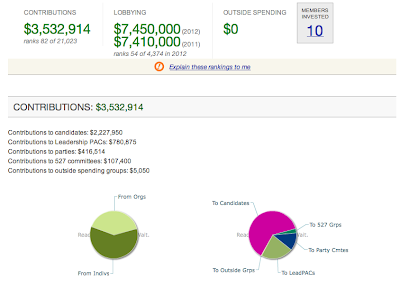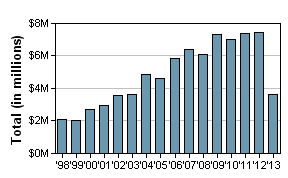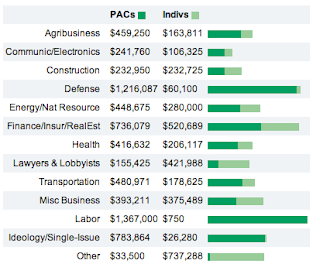Sometimes you have to wonder what motivates politicians to vote the way they do. Obviously, they aren't canvassing opinions on issues from their constituents on a regular basis and, even if they do, they are likely to vote without regard to what the people really want.
Since, in all likelihood, any actions taken against the Assad regime in Syria, at least in its initial phase, will not be fought with boots on the ground, experts suggest that a reasonable approach would be the use of Tomahawk cruise missiles to get the job done with a minimum number of casualties (at least on the side of the attacker). With that in mind, I want to supply you with the following information from the Federation of American Scientists website:
Tomahawk cruise missile statistics
Unit Cost:
1.) Current Production Cost: $500,000
2.) Average Unit Cost: $1.4 million ($569,000 in FY 1999 dollars)
3.) Total Program Cost: $11,210,000,000
Manufacturer:
Raytheon Missile Systems of Tucson, Arizona
Recent Contracts Awarded:
1.) 2003 – Raytheon – $1.6 billion for 2200 missiles
2.) 2006 – Raytheon – $346 million for 473 missiles plus 65 submarine torpedos (Royal Navy)
3.) 2009 – Raytheon – $207 million for 207 missiles
4.) 2012 – Raytheon – $338 million for 361 missiles
That's a total of $2.491 billion heading to Raytheon for a total of 3306 Tomahawk Block IV missiles at an average cost of $755,290 each over the 10 year period. Apparently, there are really big bucks involved when it comes to building and supplying high tech flying military objects!
Now, let's look at what Raytheon has been up to on the political front according to Open Secrets:
In 2012, Raytheon spend $7.45 million on lobbying, putting them in 54th place out of 4374 lobbyists. As you can see on this bar graph, that's about on par from the totals spent in the period from 2009 to 2011 but up from the earlier part of the new millennium:
Interestingly, one of the issues that Raytheon lobbied on was the Bill that would have amended the Internal Revenue Code of 1986 that would see an extension of the allowance for bonus depreciation for certain business assets (i.e. a means to reduce the level of corporate tax owing).
Not surprisingly, Raytheon has been a heavy hitter when it comes to donating to individuals that sit on various Congressional Committees during elections, particularly the Armed Services Committee. In 2012, Raytheon's PAC spent a total of $385,850 on the House ($140,400 for the Democrats and $245,450 for the Republicans) and a total of $142,350 on the Senate ($24,500 for the Democrats and $117,850 for the Republicans).
As an aside, the folks sitting on the Armed Services Committee are considered to be key to maintaining access to government contracts. Just in case you wondered, here is a listing of the sectors of the economy that contributed to Members of this Committee during the 2014 election cycle:
The 58 House Members on the Committee received an average of $6,137 from Raytheon's PAC and $514 from individual donors putting them in third place after the lucky Members of the House Appropriations Committee and the Homeland Security Committee. While the 16 Senate Members benefitted to the tune of "only" $3,843 on average from Raytheon's PAC, they did receive an average of $5,53 from Raytheon's individual donors.
Now, how did the Presidential candidates benefit from Raytheon's largesse during the 2012 election cycle? Raytheon donated a total of $2,227,950 to all candidates, $780,785 to Leadership PACs and $416,514 to political parties. Mitt Romney was to top individual recipient, raking in $143,806 from Raytheon. Barak Obama received "only" $89,788 from Raytheon, putting him in second place overall. Howard P. "Buck" McKeon (R – Calif) and Chairman of the House Armed Services Committee also benefitted from Raytheon's generosity to the tune of $24,000, putting him in fourth place among Raytheon's chosen few.
With the war drums beating and the likelihood that this war will be fought using high tech missiles kindly supplied by Raytheon, it's interesting to put the company's political activities into perspective and get a sense for what might be motivating the House and Senate to vote the way that they do on this critical issue. After all, it is undeniable that it is in Raytheon's best interest that the U.S. supply of Tomahawk cruise missiles be expended no matter what the voting public wants.
Click HERE to read more of Glen Asher's columns
You can publish this article on your website as long as you provide a link back to this page.




Be the first to comment